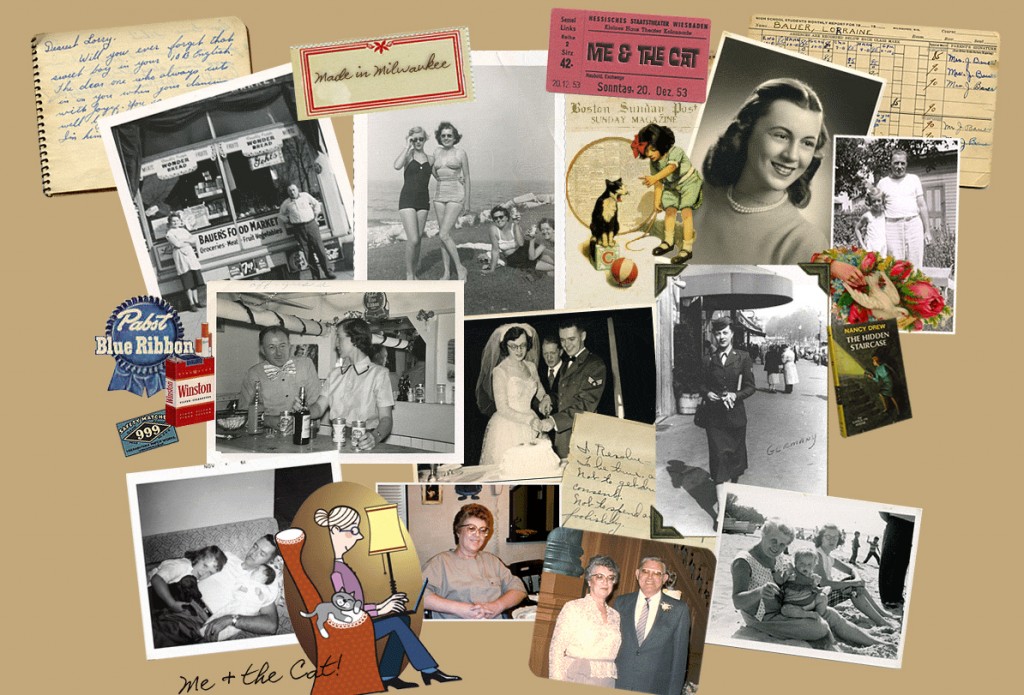By PenTales Pundit Elise Nardin, Zurich, Switzerland
Last spring, a polemic started about a new Twitter account: @oldmansearch. ‘Norman N.’ is a 82 years old American veteran living in Indianapolis – according to the tweets he sent. His Twitter account description says: “My dad is 82 years old. I’m teaching him how to use the internet. I told him twitter was how to search things on Google. These tweets are what he’s searching.”
The community received this newcomer with mixed feelings. On one side, people praised its comic potential, naming it comedy worth gold. Some people didn’t see any laughter material, and expressed a lot of criticism. We can argue about the real motivation behind this Twitter account, if it is a hoax or a real 82-year-old veteran ‘googling’ his questions on Twitter. We would be missing the point though. Maybe what matters here is not whether it is real or fake, to laugh with it /at it or to dismiss it. This polemic raises two main questions: the accessibility of social media to seniors and their acceptance on the main platforms by younger generations.
There is an enormous potential among 70+ seniors to use social media. They can connect with peers, with members of their close and extended family. Moreover, it can help reduce an intergenerational gap between family members. Nevertheless, are Facebook and Twitter’s UX easy enough for seniors or are they too tricky to use to enable a satisfying social media experience? Are we going to develop platforms with simple content sharing especially designed for older people for whom Twitter and Facebook are still a little complicated to use?
Even if we see a growing trend of adults and parents using social media, it is still mainly ‘owned’ by a younger generation reluctant to see older people and authority figure have access to their ‘private’ social life. Originally, Facebook was restricted to US college students. After, opening its access to regular students, then going worldwide, and setting a 13-year-old restriction, how will they welcome older users whose presence might annoy established younger users? Is there a trade-off to make here: older generations can join but they have to adapt themselves to an already existing interface, maybe a little too complicated and fast-paced to their skills and needs; or should we create generation-focused social media platforms, preventing generations from interconnecting? These questions are up in the air. They will certainly be answered soon.
In the meantime, do your parents, grandparents share their latest dinner pictures on Facebook? Do they answer add-ons polls on their favorite retail store fan page? We would love to hear about their experience of social media. Shoot us a “Social Media for Seniors” email to writepentales@gmail.com. If you are a senior, here are some tips for your social media errands. We would love to hear from you on Facebook or on Twitter! By the way, the share buttons below will make it easier to share this post with family and friends.




Comments are closed